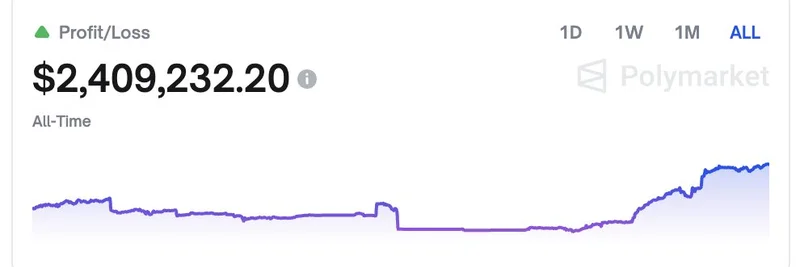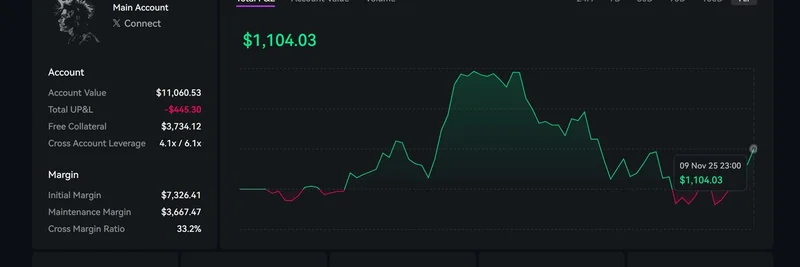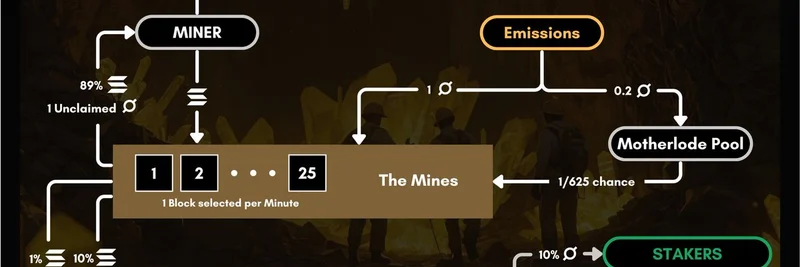In the fast-paced world of blockchain and meme tokens, social platforms like X (formerly Twitter) play a crucial role in shaping narratives, spreading hype, and fostering communities. But what happens when the platform's core principles start to erode? A recent thread from Jahris, creative director at Helius Labs—a Solana-based infrastructure firm known for its work in "internet capital memes"—has sparked conversations about Elon Musk's handling of X since his 2022 acquisition.
Jahris kicks off the discussion with a pointed critique: Elon bought Twitter for three main reasons—free speech, political bias, and government censorship. Yet, according to Jahris, all three issues are "way worse today than they’ve ever been in the history of this app." He wraps up with a stark analogy: "humanity is not a rocket you can blow up a bunch of times until it works," referencing Musk's iterative approach at SpaceX but warning against applying it to society.
This isn't just idle chatter. For meme token enthusiasts and blockchain practitioners, X is the go-to spot for real-time updates, viral pumps, and community-driven projects. If censorship ramps up or biases skew discussions, it could stifle the organic growth that meme coins thrive on. Think about how Dogecoin, Elon's favorite meme token, exploded thanks to his tweets. But if the platform's algorithms or policies start suppressing certain voices, emerging tokens might struggle to gain traction.
Diving into the replies, the thread reveals a mix of agreement and pushback. One user, @d3h3d_, quips about slapping an LLM (large language model) on a failing company, only to make problems "10x worse and financials 100x worse." It's a nod to Grok, xAI's AI integrated into X, which has been both a boon for quick info and a source of controversy in content moderation.
Another reply from @vasamonte questions the negativity, pointing out positives like creators getting paid for content. Jahris counters sharply: "sounds like you're getting all your news from X," implying the platform's echo chamber effect. This exchange highlights a key concern for crypto folks—algorithmic amplification. Jahris later shares a link to a PNAS study showing that "mainstream political right parties enjoyed higher levels of algorithmic amplification than their counterparts on the political left," suggesting biases persist or have shifted.
@defigosha adds depth, arguing that the modern alt-right's authoritarian leanings clash with true free speech. "Self-expression is a left-wing and centrist issue usually," they note. Jahris responds with evidence from the study, reinforcing how political slants could affect neutral blockchain discussions.
Other voices chime in: @joaomendoncaaaa defends Musk as an "out of touch autist" whose traits have driven innovation, but Jahris pushes back, citing reports of Musk's "vile side" from former employees and contrasting him with humanistic Renaissance creators. @defido raises alarms about "genuine real people" getting banned while account handles are sold illicitly, pointing to monetization gone wrong. And @blockiosaurus humorously warns that Musk might "try and blow up humanity a bunch of times to see if it works."
For the meme token space, these issues hit close to home. Platforms like X are where pump.fun launches go viral or where Solana-based memes like those from Helius Labs gain momentum. Increased censorship could mean suppressed threads about new tokens, biased promotion of certain projects, or even government-influenced takedowns amid regulatory scrutiny. Remember, meme tokens often walk a fine line between fun and finance, and any platform instability could drive users to alternatives like Telegram or Discord.
As blockchain practitioners, it's worth monitoring how X evolves. If free speech truly deteriorates, it might accelerate the shift to decentralized social networks on chains like Solana or Ethereum. Tools like Farcaster or decentralized X alternatives could become the new hubs for uncensored meme discussions.
What do you think? Has X gotten better or worse for crypto under Musk? Check out the original thread and join the conversation. In the meantime, stay tuned to Meme Insider for more insights on how platform dynamics shape the meme token ecosystem.



